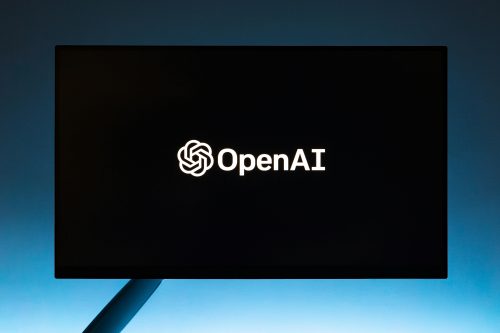The Integration of AI and Automation in Digital Marketing: Transforming Digital Marketing Strategies
In today’s competitive digital landscape, the integration of Artificial Intelligence (AI) and automation is revolutionizing how businesses engage with customers, manage campaigns, and deliver personalized experiences. As 2024 unfolds, these technologies are not merely trends but integral components of successful marketing strategies. From improving operational efficiency to enhancing customer satisfaction, AI and automation are redefining digital marketing and driving businesses toward more innovative and data-driven approaches.
AI-Driven Predictive Analytics: The Future of Customer Insights
AI’s ability to process and analyze large volumes of data in real time is helping marketers predict customer behavior with unprecedented accuracy. Predictive analytics, powered by AI, allows marketers to anticipate customer actions, identify trends, and optimize campaigns accordingly. By analyzing past customer interactions and patterns, AI tools can forecast the likelihood of a customer making a purchase or abandoning a cart, enabling businesses to take proactive measures. This predictive capability not only enhances conversion rates but also improves customer retention by delivering timely and relevant offers.
Moreover, AI allows for continuous monitoring of real-time data across multiple platforms, providing marketers with actionable insights. This enables them to adjust strategies quickly and effectively, ensuring campaigns remain aligned with shifting customer preferences and market trends.
Personalization: Elevating Customer Engagement through AI
Personalization has become a key driver of customer engagement, and AI is making it easier than ever to deliver tailored experiences. By analyzing a wealth of customer data—such as browsing history, purchase behavior, and social media interactions—AI helps businesses create highly personalized content and messages that resonate with individual users. This approach boosts engagement and builds stronger customer relationships by making the experience more relevant and meaningful.
AI-powered chatbots are also transforming customer support. These intelligent assistants can interact with customers 24/7, answering inquiries, providing product recommendations, and assisting with purchases. By handling a range of customer queries automatically, AI not only enhances efficiency but also ensures that customers receive the assistance they need at any time.
Automation in Campaign Management: Streamlining Marketing Operations
Automation is at the heart of many successful digital marketing campaigns, offering businesses the opportunity to save time, reduce costs, and increase accuracy. Tasks such as email marketing, social media scheduling, and pay-per-click (PPC) management can now be automated using advanced tools. For instance, AI can automate the segmentation of audiences based on behaviors and preferences, triggering personalized campaigns at the right moment to maximize impact.
In addition, marketing automation platforms—such as HubSpot and Marketo—allow businesses to set up workflows that nurture leads through the customer journey. From initial engagement to post-purchase follow-up, automated systems ensure that every step of the process is handled efficiently, increasing the likelihood of conversion and customer loyalty.
Content Creation at Scale: The Role of AI in Generating Compelling Content
As content marketing continues to be a cornerstone of digital strategies, AI is reshaping the way businesses produce content. Tools like GPT-3 are able to generate articles, blog posts, professional short video production and social media e-commerce live optimization allowing marketers to maintain a steady flow of content without sacrificing quality. These tools can also optimize content for SEO, ensuring that it ranks well in search engines and reaches a wider audience.
While AI can produce large volumes of content quickly, it is still essential for marketers to oversee the creative process. Human input is necessary to ensure that content remains authentic, aligns with the brand’s voice, and resonates with the target audience. AI should be viewed as an enhancement to the content creation process, not a replacement for the human touch.
Addressing Challenges: Privacy Concerns and Ethical Considerations
As AI and automation continue to play a central role in digital marketing, businesses must remain vigilant about data privacy and ethical considerations. With the growing amount of personal data being collected, marketers must ensure compliance with privacy regulations like the GDPR and respect user consent preferences. Transparency about how customer data is used and stored will be key to maintaining trust and loyalty.
Furthermore, while AI is highly efficient, it is not infallible. Marketers should focus on creating ethically sound strategies that balance automation with a human approach, ensuring that customer interactions are both meaningful and respectful of privacy concerns.
The Future of AI and Automation in Marketing
The future of digital marketing is increasingly intertwined with AI and automation. As these technologies evolve, marketers will gain even more sophisticated tools for targeting customers, optimizing campaigns, and measuring results. Emerging technologies like augmented reality (AR), virtual reality (VR), and voice search optimization are expected to further enhance customer experiences and provide new opportunities for engagement.
In 2024 and beyond, businesses that effectively integrate AI and automation into their strategies will be well-positioned for success. These technologies will enable companies to stay ahead of the competition, streamline operations, and deliver more personalized, efficient, and effective marketing campaigns.
Conclusion
AI and automation are no longer optional in the digital marketing world; they are essential components of a successful strategy. By harnessing the power of AI to gain deeper insights, automate tasks, and deliver personalized experiences, businesses can significantly enhance customer engagement and operational efficiency. However, it is important to approach these technologies with a focus on privacy, ethics, and the human touch. In 2024, the integration of AI and automation will be a game-changer for digital marketers, helping them navigate an increasingly complex and competitive landscape while driving growth and customer loyalty.

